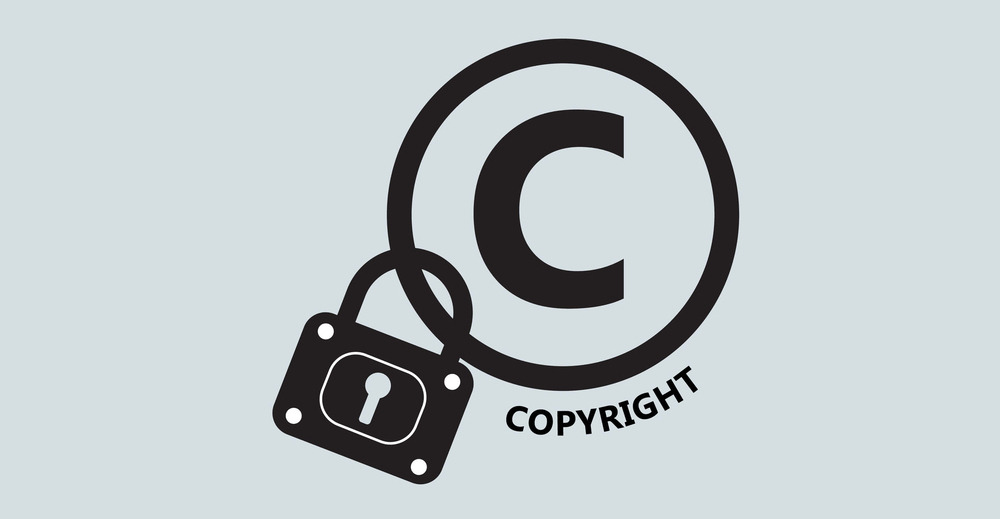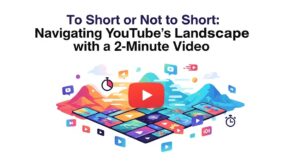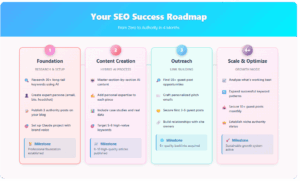The rise of social media platforms and a constant increase in users has brought into legal question the practices of social media platforms and the users that engage on these platforms, including individuals, brands, and government entities. Since the debut of social media over 20 years ago, many situations have been investigated regarding the legality of resharing content, endorsing products or services, and more. Legal issues can arise, but it is also important to practice ethical social media use for a business or brand.
At Rank Fuse, our content team focuses on providing original content for our clients and managing ethical and honest social media accounts.
5 Possible Legal Problems on Social Media
Brands and businesses should consider these five key legal issues when creating a social media plan.
1. Copyright Infringement
At the forefront of legal concerns relating to social media is copyright infringement. The Copyright Act of 1976 protects intellectual property, such as writings, images, and videos. There has been an increase in people using content without the permission of the creator, which sometimes includes resharing and posting content. For example, if you share a photo on Instagram and tag a business, and the business reshares the post without permission, it will be liable for copyright infringement.
U.S. copyright laws provide statutory damages up to $150,000 per infringement to the creator or owner of the piece of intellectual property. Section 512 (c) of the Digital Millennium Copyright Act was created to protect social media platforms from liability when users commit copyright infringement on these sites. This regulation places full responsibilities on the users, including businesses and brands.
The safest way to avoid copyright infringement is to post original content that is created in-house or to obtain written permission from the owner before sharing a piece of content.
2. Unlawful Use of User-Generated Content
User-generated content is a great way for brands to interact with customers, not to mention it is usually free. Hashtags and tagging do not necessarily give a company or brand permission to share or repost content. A great example of this comes from one of our digital marketing specialist, Breanna Lehane. She shares a story of how she posted a photo of her and a few friends and included the business’s location. The business shared this photo and changed the photo’s caption. Breanna says that she did not intend for the business to use the photo, nor did she believe she was permitting them to do so.
Although this is a grey area, and some may believe hashtags or any other form of tagging equals permission to share this content, this theory would likely not hold up in a court of law.
3. Endorsement Transparency
With the increase of social media, has come the age of bloggers and influencers. These individuals have huge followings on various social media platforms. Many bloggers and influencers make their living from paid partnerships and endorsements. Some influencers can charge thousands of dollars in exchange for a single post of them wearing a brand logo or using a certain product.
A new regulation from the Federal Trade Commission states that these influencers and bloggers must be transparent if a brand paid them or gave them something for free in exchange for a social media or blog post. This regulation aims to protect the interest of the public and prevent potential manipulation of the user.
4. Trademark Infringement
Trademark infringement is another aspect to consider when it comes to laws and regulations affecting social media. Brands must be careful on social media platforms when using phrases and even hashtags because these things can be protected under intellectual property. Avoid using any phrases, slogans, or taglines that are heavily associated with a different brand.
5. Users Right of Publicity
Rights of publicity make it illegal to use a person’s likeness without consent from the individual. In these cases, the person may not own the content, but they have a right to decide whether a photo of them is used for promotional efforts. Celebrities and individuals give up this right as they choose to be in the public eye. It is always best to seek permission from the individual before using their photo for social media or any other form of marketing and advertising.
Responsible Social Media Use for Businesses
In addition to legal consideration, businesses should use ethical practices on social media. These etiquettes include posting regularly but not spamming followers. Hashtags are a great way to engage in conversation, but too many look tacky and desperate. Use appropriate networks for your brand and business offerings. Lastly, create quality content that is free of grammar and spelling mistakes.
If you have concerns regarding social media laws and regulations, you should always consult legal professionals. As far as content creation goes, our team is here to help your business grow its social media presence ethically and legally. Contact us at contact@rankfusedigital.com.





